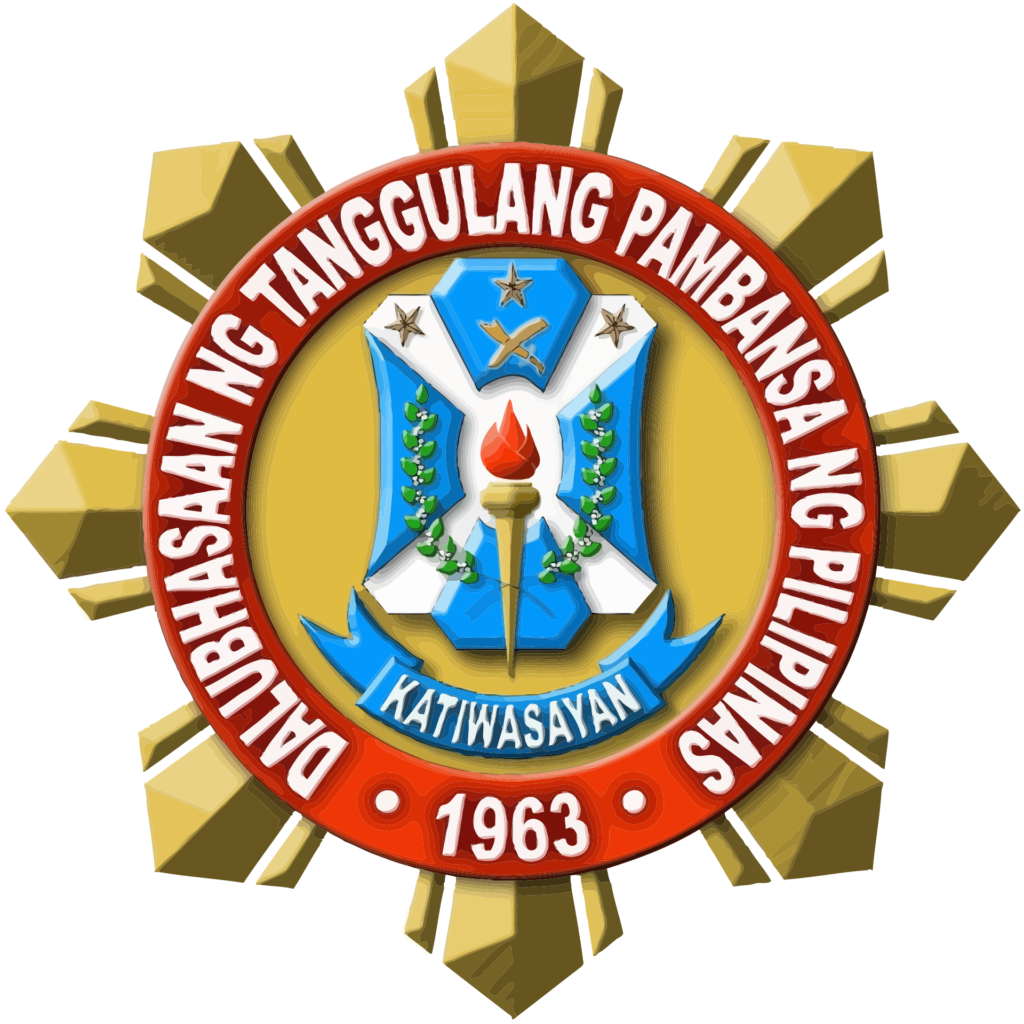The National Defense College of the Philippines (NDCP) stands as a beacon of strategic thought and leadership development in the realm of national security. For decades, it has served as a crucial institution for cultivating a deep understanding of the complex challenges facing the Philippines and the wider world. This blog post aims to provide a comprehensive overview of the NDCP, its mission, programs, and contributions to national security. We will delve into its history, explore its academic offerings, and highlight its vital role in preparing leaders for the multifaceted demands of the 21st century. Join us as we uncover the significance of this esteemed institution in shaping the future of the Philippines.
A Legacy of Service: The History of the NDCP
The NDCP’s story is intertwined with the evolution of the Philippines’ own national security landscape. Established on August 29, 1966, through Republic Act No. 5183, the College was envisioned as a premier institution for national security education, training, and research. The impetus for its creation stemmed from the growing recognition of the need for a comprehensive and integrated approach to national defense, one that encompassed not just military might, but also political, economic, social, and psychological dimensions. From its inception, the NDCP has been committed to fostering strategic thinking and developing leaders capable of navigating the complexities of national and international affairs. It has consistently adapted its curriculum and programs to remain relevant in the face of ever-changing global dynamics.
Mission and Vision: Guiding Principles
The NDCP’s mission is to develop future leaders in the executive branch of the government, including the military, civilian agencies, and private sector, who are capable of formulating and implementing sound national security policies. This mission is underpinned by a vision of a secure and prosperous Philippines, achieved through effective leadership and strategic foresight. The College strives to instill in its graduates a deep understanding of national security issues, a commitment to public service, and the skills necessary to lead in a complex and interconnected world. It seeks to cultivate a holistic perspective on national security, recognizing the interconnectedness of various factors that contribute to a nation’s well-being.
Academic Excellence: The Core of the NDCP Experience
The NDCP offers a range of academic programs designed to equip participants with the knowledge and skills necessary for effective leadership in the field of national security. The flagship program is the Master in National Security Administration (MNSA), a rigorous and comprehensive course of study that delves into the multifaceted dimensions of national security. This program is designed for senior officials from the government, military, and private sector who are poised to take on leadership roles in their respective fields.
Master in National Security Administration (MNSA)
The MNSA program is the cornerstone of the NDCP’s academic offerings. It provides participants with a deep understanding of the theoretical and practical aspects of national security, covering topics such as geopolitics, strategic planning, defense management, international relations, and crisis management. The curriculum is designed to be highly interactive, incorporating lectures, seminars, case studies, simulations, and field studies. This immersive approach allows participants to apply their knowledge to real-world scenarios and develop their critical thinking and decision-making skills. The program also emphasizes the importance of ethical leadership and public service, instilling in graduates a strong sense of responsibility to the nation.
Other Programs and Courses
In addition to the MNSA program, the NDCP also offers a variety of other courses and workshops on specific aspects of national security. These programs cater to a wider audience, including mid-level officials and professionals from various sectors. These specialized courses allow individuals to deepen their understanding of particular areas of interest, such as cybersecurity, disaster risk reduction, or counter-terrorism. The NDCP also collaborates with other institutions to offer joint programs and workshops, further expanding its reach and impact.
Faculty and Research: Shaping Thought Leadership
The NDCP boasts a distinguished faculty comprised of renowned experts in their respective fields. These faculty members bring a wealth of experience and knowledge to the classroom, providing participants with valuable insights and perspectives on national security issues. The College also actively promotes research on national security topics, contributing to the body of knowledge in this field. The research conducted at the NDCP informs policy formulation and helps to shape the national security discourse in the Philippines. The faculty and researchers are committed to advancing the understanding of national security challenges and developing innovative solutions.
Alumni Network: A Force for National Security
The NDCP’s alumni network is a testament to the College’s impact on national security leadership in the Philippines. Graduates of the NDCP occupy key positions in the government, military, and private sector, contributing their expertise and leadership to various aspects of national security. The alumni network serves as a valuable platform for collaboration and knowledge sharing, allowing graduates to stay connected and continue to contribute to the nation’s security and well-being. The bonds forged during their time at the NDCP continue to strengthen their commitment to public service and national security.
A Hub for Strategic Dialogue: Conferences and Workshops
The NDCP serves as a vital hub for strategic dialogue on national security issues. The College regularly hosts conferences, workshops, and seminars that bring together experts, policymakers, and practitioners to discuss pressing challenges and explore potential solutions. These events provide a valuable platform for exchanging ideas, fostering collaboration, and shaping the national security agenda. The NDCP’s commitment to fostering open and informed dialogue contributes to a more comprehensive and nuanced understanding of national security issues.
International Cooperation: Building Partnerships
The NDCP recognizes the importance of international cooperation in addressing transnational security challenges. The College actively engages in partnerships with other institutions around the world, collaborating on research, training, and exchange programs. These collaborations allow the NDCP to share best practices, learn from other countries’ experiences, and contribute to global efforts to promote peace and security. The international partnerships forged by the NDCP enhance its capacity to address complex security issues that transcend national borders.
Impact and Contributions: Shaping the Future of the Philippines
The NDCP has made significant contributions to the development of national security policy and leadership in the Philippines. Its graduates have gone on to serve in key positions in the government, military, and private sector, playing crucial roles in shaping the nation’s security landscape. The research conducted at the NDCP has informed policy formulation and contributed to a deeper understanding of national security challenges. The College’s commitment to academic excellence, research, and strategic dialogue has made it a vital institution for the Philippines, shaping future leaders and contributing to the nation’s security and prosperity.
Looking Ahead: The NDCP in the 21st Century
As the world becomes increasingly complex and interconnected, the role of the NDCP becomes even more critical. The College is committed to adapting its programs and research to address the evolving challenges of the 21st century, including cybersecurity, climate change, and transnational crime. The NDCP will continue to serve as a vital institution for developing future leaders who are equipped to navigate these challenges and ensure the security and prosperity of the Philippines. The college remains dedicated to its mission of fostering strategic thinking, promoting international cooperation, and shaping the future of national security leadership in the country.
Summary of NDCP Programs
| Program/Course | Description | Target Audience |
|---|---|---|
| Master in National Security Administration (MNSA) | Comprehensive study of national security | Senior officials from government, military, and private sector |
| Specialized Courses & Workshops | Focus on specific national security areas | Mid-level officials and professionals |
| Joint Programs & Workshops | Collaboration with other institutions | Varies depending on the program |
Contact Information
For more information about the National Defense College of the Philippines, please visit their official website or contact them directly. Details can be found through a standard web search for “National Defense College of the Philippines.”
Disclaimer: This blog post is intended for informational purposes only and is based on publicly available information. While every effort has been made to ensure the accuracy of the information presented, the author does not guarantee its completeness or reliability. Readers are encouraged to verify the information from official sources. Please report any inaccuracies or errors to [Your Email Address] so that corrections can be made promptly.




